On 20 January 2020, the Federal Court of Australia held that hotel comparison website Trivago had breached the Australian Consumer Law (ACL) by making misleading representations in relation to hotel room rates and savings on its website and in its television advertising. The Federal Court held that from at least December 2016, Trivago had misled consumers by representing its website as a tool that would assist consumers identify the cheapest hotel rates. The Court agreed with the ACCC’s claim that Trivago had failed to assist consumers in finding the cheapest option available but instead used an algorithm which placed considerable weight on which hotel booking site paid Trivago the highest cost-per click fee and often did not highlight the cheapest rates for consumers. ACCC Chair, Mr Rod Sims, said that “by prominently displaying a hotel offer in ‘top position’ on its website, Trivago represented that the offer was either the cheapest available offer or had some other extra feature that made it the best offer when this was often not the case”. Further, the Court held that Trivago’s use of strike-through price representations or the use of different colour texts to suggest savings between comparable hotel room rates was found to breach section 18(1) and section 29(1)(i) of ACL. These representations often compared an offer for a standard room with an offer for a luxury room, thereby giving a false impression. It is indeed critical in such advertising that an “apples with apples” comparison approach is utilised in order to avoid conveying a false or misleading impression. The Court’s findings suggest that the ACCC will likely place online price comparison websites under greater scrutiny, with ACCC Chair, Mr Rod Sims, emphasising that online comparison websites “should be upfront and clear with consumers” if their “ranking or ordering of results is based or influenced by advertising”. This emphasises the need for businesses to take greater care in such advertising in ensuring accurate comparisons and transparent representations of search results to consumers so as to not mislead or deceive. Long Saad Woodbridge’s commercial team have significant advertising expertise both within specific industries and more broadly, in assisting clients ensure the legal compliance of their advertising. For further assistance in this regard please contact Eric Louca elouca@lswlawyers.com.au or John Simpson jsimpson@lswlawyers.com.au Important Disclaimer: The content of this publication is general in nature and for reference purposes only. It is current at the date of publication. It does not constitute legal advice and should not be relied upon as such. Legal advice about your specific circumstances should always be obtained before taking any action based on this publication.
- SYDNEY BUSINESS LAWYERS AND SYDNEY ESTATE PLANNING LAWYERS MERGE WITH LSW
Menu
Menu
Close











